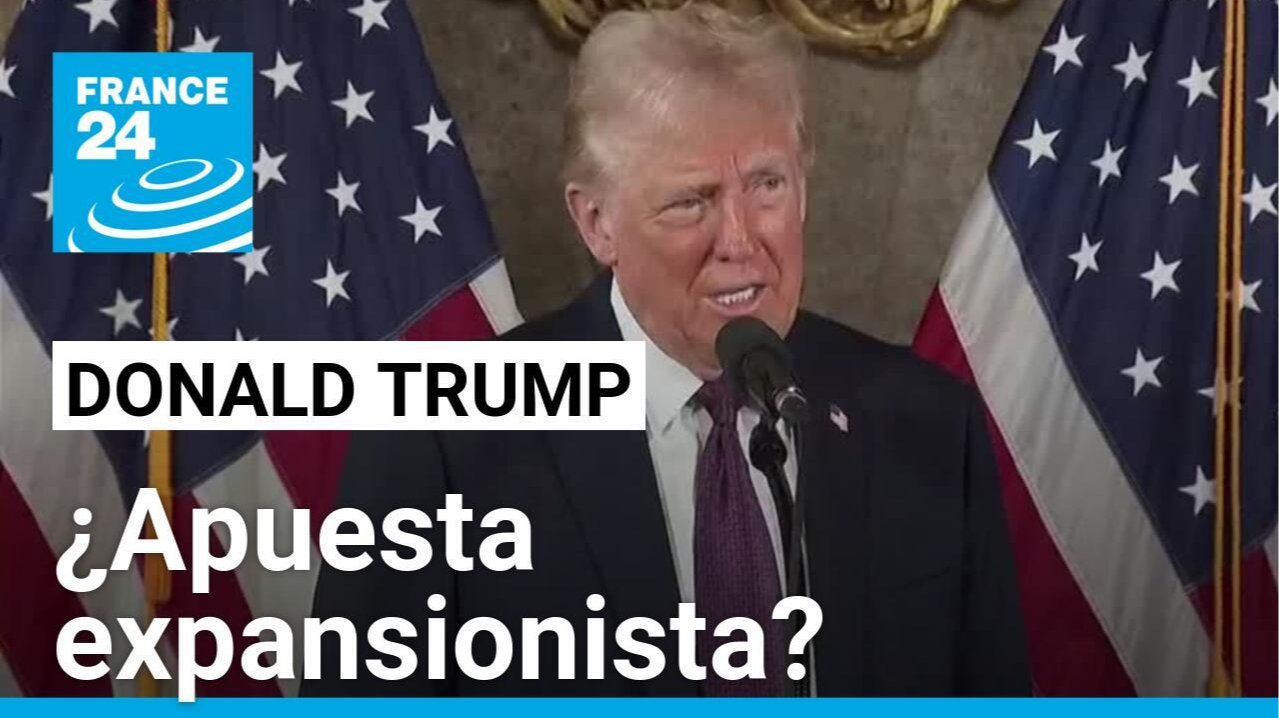
In a recent press conference, the real estate magnate again accused the Panama Canal Authority of charging U.S. ships what he called excessive fees
By: Roberto Morejón.
As if to turn a deaf ear to the condemnation in Panama and other countries for his threats to exercise control over the Canal, U.S. President Donald Trump has once again lashed out against the use of the interoceanic waterway.
In a recent press conference, the real estate magnate again accused the Panama Canal Authority of charging U.S. ships what he called excessive fees.
He also alleged what he portrays as China's control over the waterway, aspects strongly denied by the Panamanian government, although Trump does not seem to be listening.
The next tenant of the White House seems to be taking his "America First" motto, with expansionist overtones, to a paroxysm, since in the case of the canal he refused to rule out the use of force or even what he defines as a buyback.
The international community, observing these and other disproportionate, so far verbal, statements of the first elected president, fears the resurgence of another source of tension, in this case Panama, through whose canal three percent of world trade passes.
Built by the United States, the management of the works passed into the hands of the Panamanian state in 1999, as stipulated in the Torrijos-Carter treaties, signed in 1977.
There is no reason for Mr. Trump to revive the conflict, because the Panamanians, with international support, fought hard to have the canal under their control.
This was reaffirmed by hundreds of Panamanians and the Panamanian government last January 9, in commemoration of the historic act of 1964, when a number of students died in a clash with U.S. troops who desecrated a Panamanian flag.
Panamanians believe that this confrontation paved the way for the later transfer of the Panama Canal.
But Trump, in another of his shows of strength, is threatening to assert his interests, and even a supporter, South Dakota Representative Dustin Johnson, a Republican, introduced a bill for what he defined as a "buy-back" of the Panama Canal.
There are reasons to take note of the outbursts of the next U.S. president, especially knowing, as the Washington Post indicated, that for him extreme ideas seem to be a negotiating strategy.

